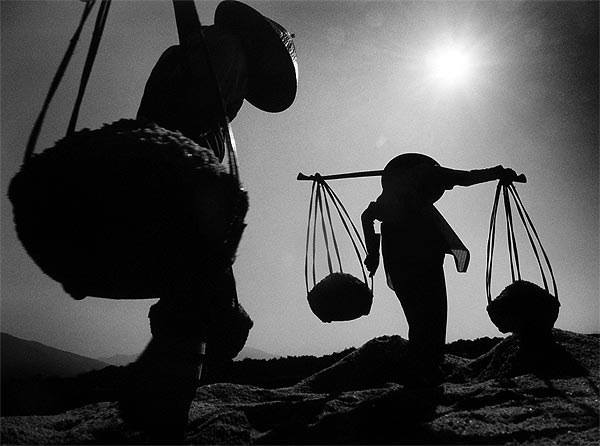Short Reflection for the Feast of the Body and Blood
of Christ (B)
Readings:
Exodus 24: 3-8; Hebrew 9: 11-15; Mark 14: 1-16. 22-26
Selected
Passage: “While they were eating, he
took bread, said the blessing, broke it, and gave it to them, and said, ‘Take
it; this is my body.’ Then he took a cup, gave thanks, and gave it to them, and
they all drank from it. He said to them,
‘This is my blood of the covenant, which will be shed for many’.” Mark 14:
22-24)
Meditation: Corpus Christi Sunday reminds us that we are
truly “partakers” of Jesus’ Body and Blood.
As he is broken and shared for the many, so are we. In the Eucharist – the breaking
of the bread among brithers and sisters Chruit becomes present, once again, in
our midst and the same breaking of the break is the bond that unites us all together
in faith and fellowship love and service. www.badaliyya.blogspot.com
DHIKR SIMPLE METHOD...
Dhikr is an Arabic word for remembrance. In the
“tariqa” (the way) movement, dhikr developed into a form of prayer… It is a
prayer of the heart… following three simple steps:
1.
Write in one’s heart a certain
passage of the Holy Writ…
2.
Make the same passage ever
present in one’s lips.
3.
Then wait for God’s disclosure
on the meaning of the passage…that interprets one’s life NOW…!
It takes a week of remembering (dhikr)…or even more
days to relish the beauty of this method…





